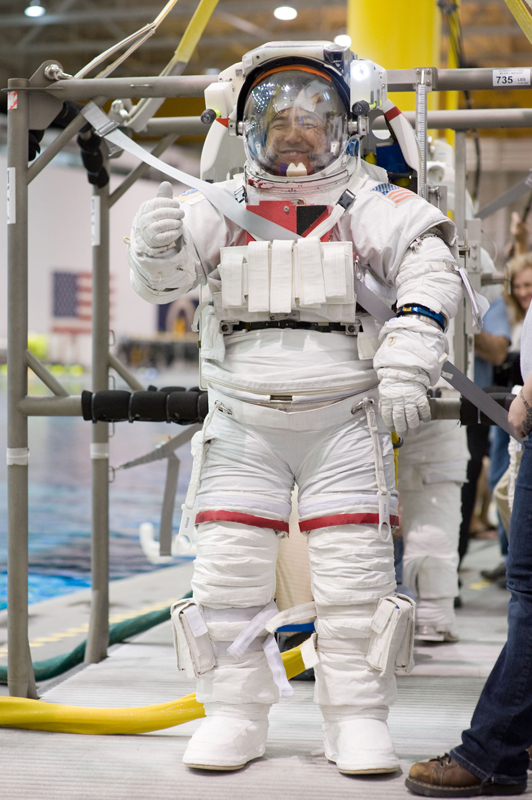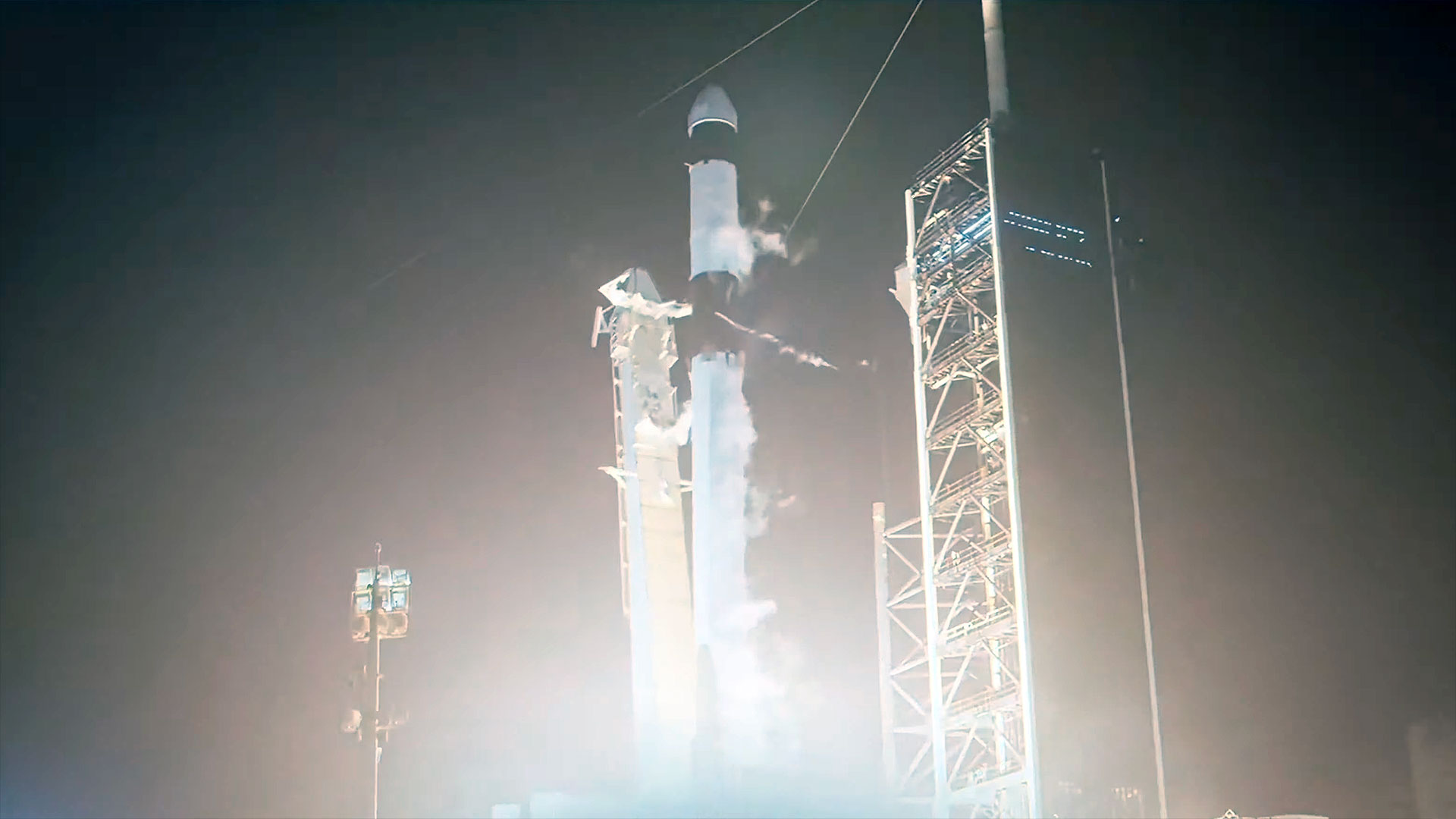Green Thumb in Space: Astronaut to Grow Zero-G Cucumbers

Japanese astronaut Satoshi Furukawa may be leaving planet Earth behind for a months-long trip to the International Space Station this week, but he won't forget his veggies: Furukawa plans to grow cucumbers in space in the name of science.
During his 5 1/2-month space trek, Furukawa will grow cucumbers on the space station for an experiment to study how future space travelers can harvest their own food on longer missions that push further out into the solar system, reported the Associated Press.
Furukawa, of the Japan Aerospace Exploration Agency (JAXA), NASA astronaut Mike Fossum and Russian cosmonaut Sergei Volkov are slated to launch toward the International Space Station today (June 7) at 4:12 p.m. EDT (2012 GMT). The spaceflying trio will lift off in a Russian-built Soyuz spacecraft from the Baikonour Cosmodrome in Kazakhstan.
No space taste tests
But while the space cucumbers will be grown in orbit, the astronauts on the space station will not be sampling them.
"We wish we were able to eat the cucumbers, but we have not been allowed," Furukawa told the AP at a recent news briefing.
Planting and growing cucumbers is one of many experiments that Furukawa, a surgeon by trade, will participate in during his time at the space station.
Get the Space.com Newsletter
Breaking space news, the latest updates on rocket launches, skywatching events and more!
"About 12 years ago astronaut Chiaki Mukai performed tens of scientific experiments on board the shuttle, on STS-95, and one of the experiments was an experiment for a scientist in Japan, plant scientist, and he found out that small node peg, let me talk about that," Furukawa said in a preflight NASA interview. "On the ground only one peg is made at the time of germination, but under microgravity two pegs were made at the time of sprouting, and also he found out that the side roots grow towards water. It was very interesting." [6 Everyday Things That Happen Strangely in Space]
Weightless cucumbers
To build on this previous research, Furukawa's cucumber experiments will focus on how a specific plant hormone, called auxin, behaves in microgravity.
"Auxin is related to organ, generation as well as g load or gravity sensation, so by knowing how the auxin distribution is controlled we may be able to control the plant growth, or it may make way for the future plant factory in space. So I'm very excited," Furukawa said.
As the newest space station crewmembers, Furukawa, Fossum and Volkov are scheduled to dock at the orbiting outpost at 5:22 p.m. EDT (2122 GMT) on Thursday (June 9). They will join NASA astronaut Ron Garan and Russian cosmonauts Alexander Samokutyaev and Andrey Borisenko, who have been at the space station since early April. The six crewmates will make up the station's Expedition 28.
Follow SPACE.com for the latest in space science and exploration news on Twitter @Spacedotcom and on Facebook.
Join our Space Forums to keep talking space on the latest missions, night sky and more! And if you have a news tip, correction or comment, let us know at: community@space.com.

Space.com is the premier source of space exploration, innovation and astronomy news, chronicling (and celebrating) humanity's ongoing expansion across the final frontier. Originally founded in 1999, Space.com is, and always has been, the passion of writers and editors who are space fans and also trained journalists. Our current news team consists of Editor-in-Chief Tariq Malik; Editor Hanneke Weitering, Senior Space Writer Mike Wall; Senior Writer Meghan Bartels; Senior Writer Chelsea Gohd, Senior Writer Tereza Pultarova and Staff Writer Alexander Cox, focusing on e-commerce. Senior Producer Steve Spaleta oversees our space videos, with Diana Whitcroft as our Social Media Editor.









